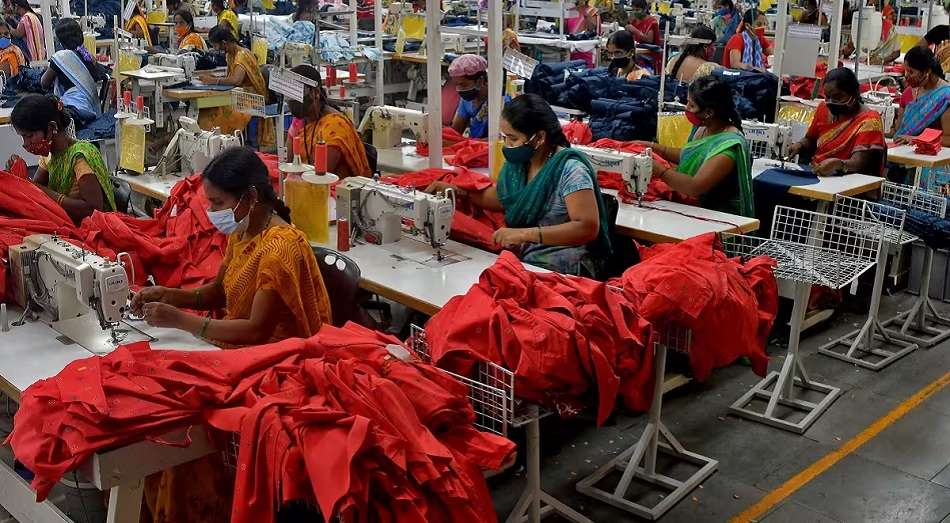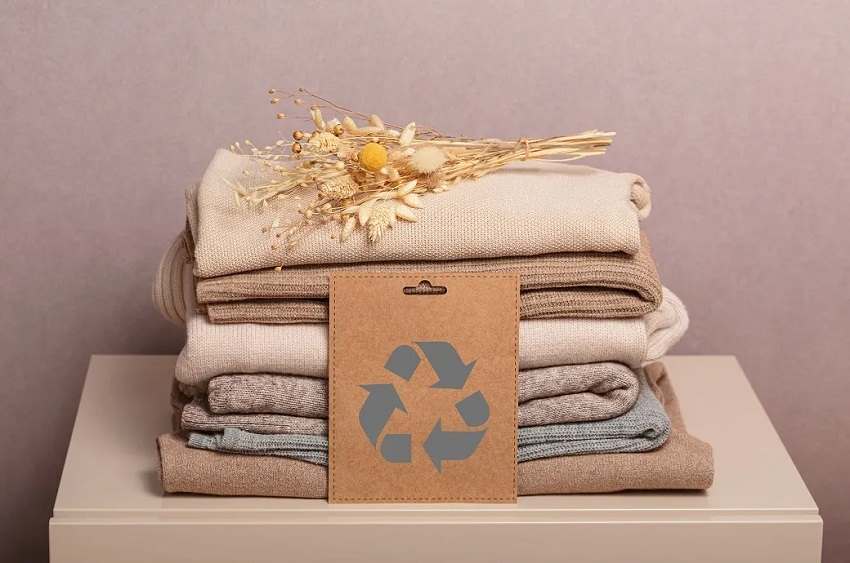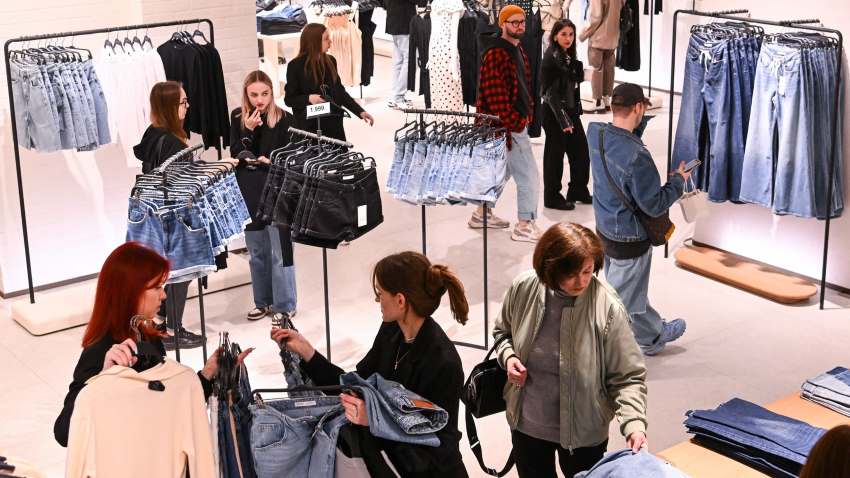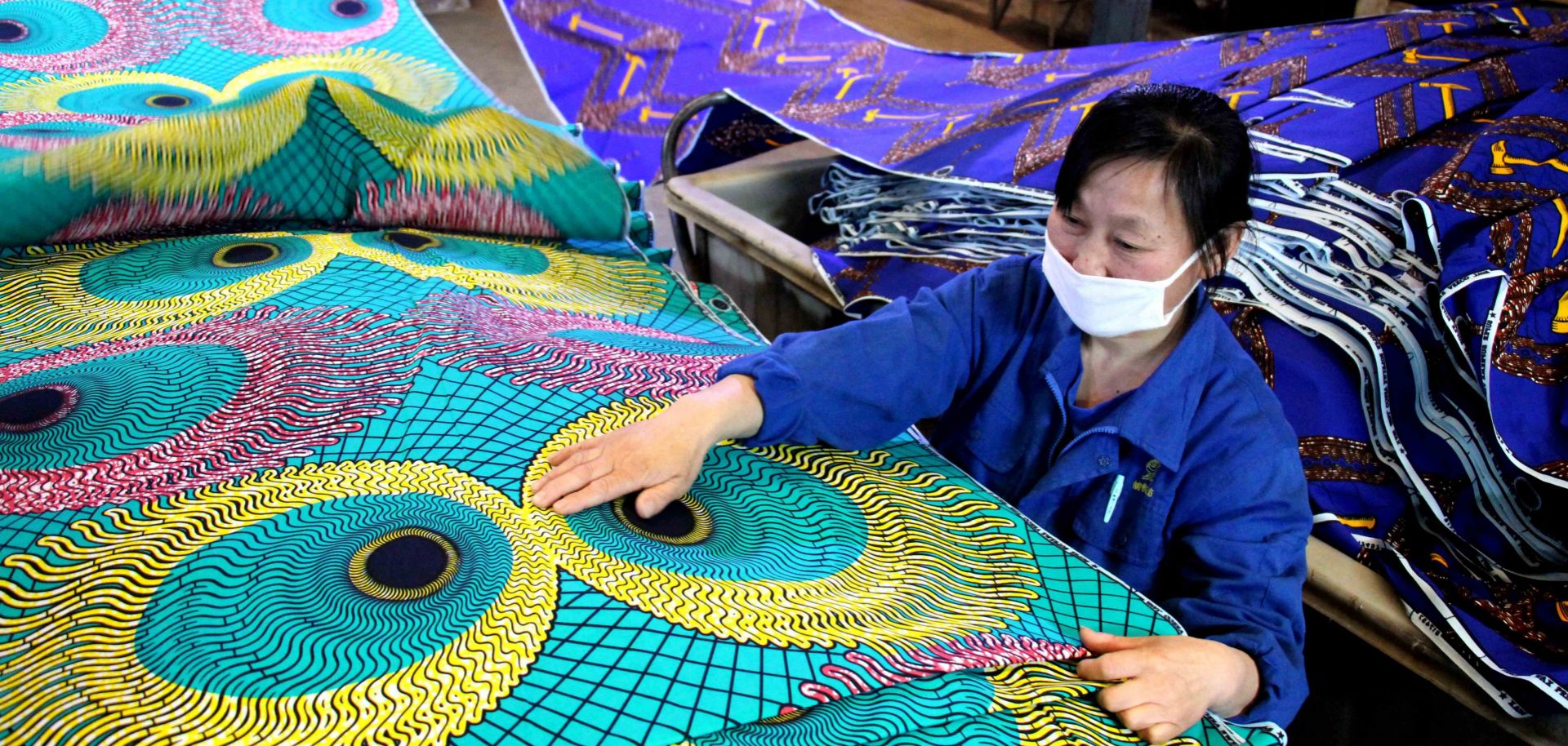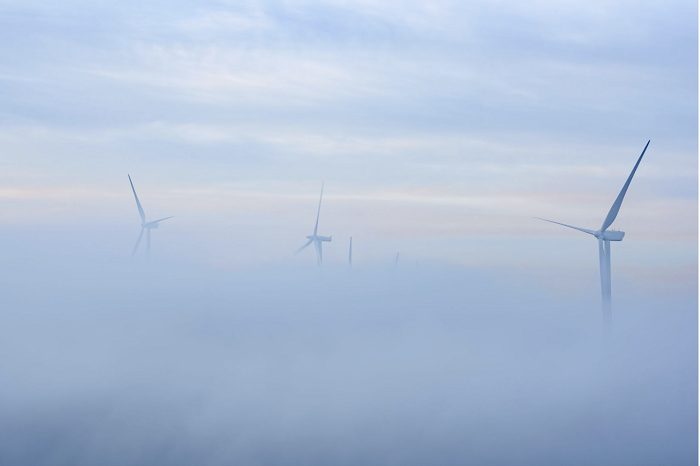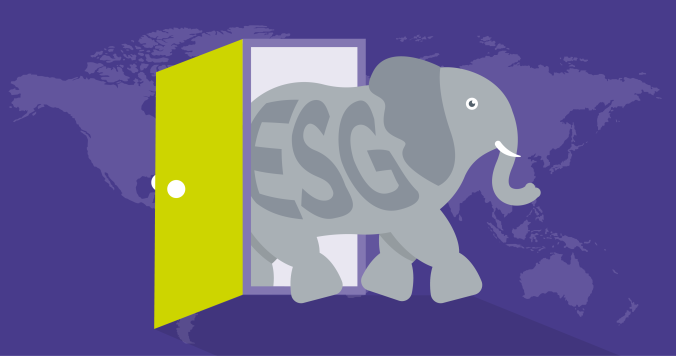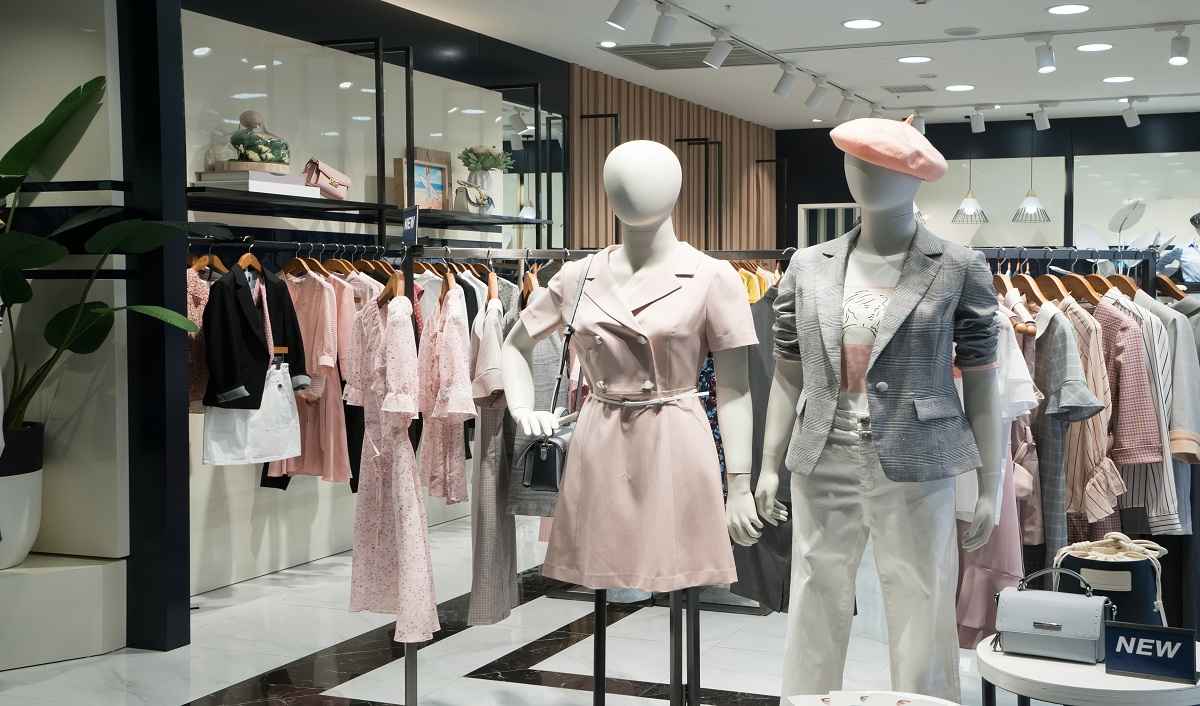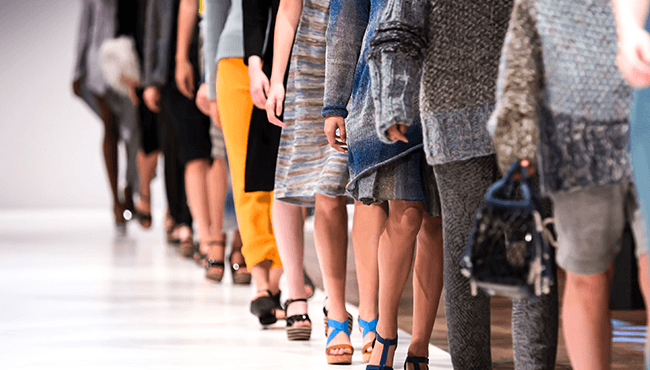FW
Denmark wants to enhance bilateral trade with Pakistan in various sectors including textile and knitwear. Danish companies are planning to sign joint ventures in different sectors with Pakistani companies. Danish companies will work with Pakistan’s corporate sector in knitwear manufacturing. Advanced technology will be introduced in Pakistan, which would help increase production, improve quality of products and cut production costs. Danish companies will focus on various fields including renewable efficient energy, health care and food production.
Denmark played an important role in getting Pakistan GSP Plus status from the European Union, which allowed duty-free export of many products. Pakistan’s problems with managing its power crisis could get valuable support from the Nordic country. Denmark is considered to be a stronghold of renewable energy. Around 40 per cent of the world’s wind turbines are manufactured in Denmark. Renewable energy is an area for cooperation, given Pakistan’s focus on alternative resources in its new energy policy.
Denmark’s private industry would also support Pakistan in energy conservation technologies and agricultural machinery. Denmark will work with provinces in Pakistan for capacity building and with civil society organizations on democratisation, human rights and gender equality. Denmark is ranked as one of the least corrupt countries and the happiest nation. But it has some of the highest tax rates in the world.
Shanghai Tex will be held from November 27 to 30, 2017. Over 1,200 exhibitors from 26 countries and regions will showcase their latest technologies and more than 60,000 professional buyers are expected to attend the show for commercial procurement. In order to bring more business opportunities for exhibitors and to enhance interaction between industry players, Shanghai Tex has launched a series of comprehensive promotions to invite key buyers, associations, and textile enterprises to visit the show.
Over 70 industry associations with hundreds of professional buyers are expected to visit Shanghai Tex 2017. Several technical seminars, networking events as well as new product and technology releases will be organized concurrently.
The show contributes to the progressive realization of Industry 4.0 to breathe new dynamics and value to the industry. This is the most established and professional textile machinery exhibition of its kind in China since 1984. Visitors may get a chance to meet over 10 industry names as Marks & Spencer, Nike, Li-Ning, Triumph, Decathlon, ANTA, Li & Fung, H&M, C&A, Under Amour etc. It will also be a rare opportunity to discuss with their professional purchasing team and OEMs about the latest development of industry technology and new ideas on the sports apparel market.
Mike Simko is a new marketing director for Hyosung. Simko will lead the global marketing of Creora spandex, Mipan nylon and specialty polyester fibers to deliver innovation and superior brand and retail collaborative services.
He has worked for Invista and DuPont. He has over 20 years of textile, chemical and industrial experience with leadership positions in global marketing and sales, strategic planning, business development, R&D as well as manufacturing.
Simko will be located in New York City and will be joined by Sejin Roh, marketing manager. Sejin has a degree in textile management and has had experience in marketing, business and product development roles for the last five years at Hyosung.
Also new to Hyosung is Deborah Richert, textile marketing manager. She has over 20 years of sales, marketing, brand, product merchandising and business development roles in the textile industry. She has previously worked for Nike, New Balance, Puma, and Schoeller Textiles.
Hyosung is a spandex producer with the Creora brand. It is known for innovations in spandex, nylon and polyester along with the latest fabric trends. Hyosung launches innovative products, delivers superior value and works with mills, brands and retailers globally.
Continued investment in production facilities underscores Hyosung’s long term commitment to the textile industry.
Huntsman Textile Effects has introduced the new Phobotex RSY non-fluorinated durable water repellent (DWR) that raises the standard for repellency especially on high-performance synthetic textiles. This new product will allow brands and retailers to meet the global demand for eco-friendly clothing that requires extreme rain- and stain- protection.
Phobotex RSY durable water repellent raises the bar for performance on synthetics, allowing brands to offer high-performance weather protection to outdoor enthusiasts with an assurance of eco-friendly sustainability. It is an environmentally friendly, non-fluorinated formulation that customers and global brands can rely on to produce sustainable textile products without compromising performance.
The DWR repulses rain, sleet and snow and performs well on synthetics and blends. It is ideal for high-performance outerwear fabrics, offering breathable comfort and durable water repellence. Fabrics treated with Phobotex also repel stains, so they stay looking new for longer and can be easily spot cleaned.
Working closely with mills, Huntsman Textile Effects is a leader in textile dyes and chemicals. It is in the van of the textile sector’s transition to more sustainable and eco-friendly business models. The market for outdoor apparel is growing worldwide, and customers expect comfort and high-performance protection.
The industry is shifting away from traditional formulations based on per-fluorinated chemicals due to environmental health and safety concerns.
GSP Plus from the European Union has helped Sri Lankan exports. Apparel exports to the EU from January to September this year increased 11.3 per cent compared to the same period last year. Sri Lanka’s apparel exports to the US too increased this year by 12 per cent. The country’s overall apparel exports to all countries this year from January to September increased by 13.4 per cent in comparison to the same period last year.
In 2016, Sri Lanka's apparel exports were 43 per cent of the total Sri Lankan export basket of that year. Meanwhile, Intex South Asia is being held in Sri Lanka, November 15 to 17. It has become the largest and sole international textile sourcing event in South Asia for yarns, apparel fabrics, and accessories. A strong presence of Chinese, Indian and Hong Kong participants is seen along with leading multinationals such as Reliance, Bombay Rayon Fashions, Mekotex and Woolmark.
Intex is the largest textile sourcing exhibition in the region. It helps integrate Sri Lanka with the global trading system and with the rest of South Asia. It will help Sri Lanka seize opportunities in the value chain in the region that it has not taken.
Alliance, the factory inspection platform of 28 North American retailers, will leave Bangladesh in July next year after the completion of its five-year tenure. A total of 234 Alliance-affiliated factories have completed all material items in their Corrective Action Plans (CAPs) and 162 non-compliant factories have been suspended from the Alliance factory list for delays in upgrading of their CAPs.
More than 1.3 million workers across 941 Alliance and non-Alliance factories have access to the Alliance's confidential worker Helpline. Democratically elected Worker Safety Committees that give workers a seat at the table in monitoring safety issues have been established in 171 factories. More than 1.4 million workers have been trained in basic fire safety, and 1.3 million have participated in refresher courses.
Nearly 27,000 security guards have been trained in fire safety leadership while about 20,000 have received refresher training. Alliance has designed a safety training workshop for senior factory managers and partnered with the Bangladesh University of Engineering and Technology on a graduate-level short course for Bangladeshi engineers, both designed to build in-country capacity on safety.
Fortifying safety in factories and equipping workers with empowerment tools is Alliance’s focus. Factories are demonstrably safer today than when Alliance started working.
Maharashtra is working out a new textile policy for the period 2017-22 and has invited inputs from all stakeholders in this regard. The state sees huge potential in value added products and technical textiles. Going forward it is going to focus on these two segments, which will benefit the industry as a whole.
A conference on achieving sustainable growth in the textile and apparel industry through manufacturing excellence was held in Mumbai, October 6, 2017.

It was hosted by the Confederation of Indian Industry (CII). One session was dedicated to deliberating upon the need for implementing standardized manufacturing systems and processes in order to attain manufacturing excellence.
Another session focused on the influence that innovation and new technologies have on manufacturing in terms of quality and cost. This session included discussions on the use of the latest technology for producing better quality products more competitively; IT as a tool for effective planning and monitoring; development of smarter designs, better performance, efficiency, ergonomics and aesthetics; product lifecycle management – material savings/efficiency, resource efficiency etc; and use of integrated monitoring systems.
A third session focused on ways to achieve high productivity and quality from the manpower employed in the industry. There were discussions on current issues with the productivity and efficiency levels of the workforce in the textile industry; comparative assessment of the skill levels of Indian workers with top manufacturing nations such as China, Bangladesh, and Vietnam; skill gap present in the textile and apparel industry; and steps taken by the industry and government for reducing this gap and upgradation of skills.

The Indian leather industry has grown from a mere supplier of raw materials to a reliable source of high quality leather products and footwear. It provides employment to 2.5 million people mostly economically weaker sections.
The Council for Leather Exports (CLE) is participating at the Footwear and Leather Show, Sydney.
Australia is becoming a significant market for leather and leather products and its imports are growing at a CAGR of 10.58 per cent.
The Ministry of Commerce and Industry has mandated the council to formulate an action plan for the development of the leather sector. Towards this end CLE has been undertaking aggressive marketing efforts to expand its market share in all potential markets including Australia.
The participation at the Footwear and Leather Show at Sydney is very much part of the same game plan.
The Indian leather industry currently exports to about 70 countries like US, Russia, Denmark, Sweden, Austria, Belgium, Japan, Portugal, China and Poland.
Also 100 percent FDI is allowed in the leather industry and single brand retailing.
Taiwan Textile Federation is participating at International Sourcing Expo Australia (ISEA) November 2017.
Participating members are 3C-Tex International, which makes synthetic fabrics; Alung, specialising in sweaters/ jumpers for children and women; Cherng Dern Enterprise, which makes functional knit fabrics for sports apparel, shoes and bags; Dragon Times Zipper and Accessories, which specialises in all kinds of accessories for outdoor garments; and Wideplus, which specialises in synthetic woven fabrics from fine denier light weight to intricate dobby designs.
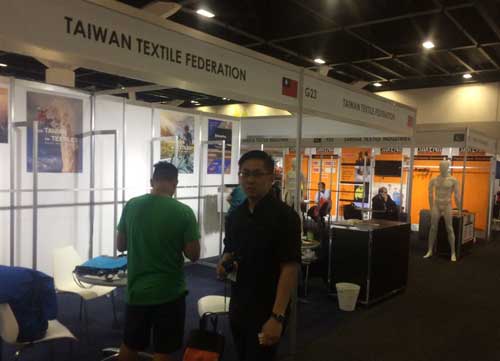
Taiwan’s textile industry has evolved from a mass production textile supplier to a textile innovator equipped with a comprehensive yet integrated value chain.
While traditional textiles still have an important share in Taiwan’s textile output, eco and multifunctional textiles have redefined Taiwan’s status in the global textile market place.
Taiwan Textile Federation was established in 1975 with government guidance and support as well as donations from the textile industry itself. TTF assists the government in bilateral textile quota negotiations and administering the textile export quota. TTF has always aimed at providing a versatile range of services, including market promotion, industrial development, market information, and helping the improvement of design capabilities, production and management. The next year TTF plans to leads a bigger delegation.
The Handloom Export Promotion Council (HEPC) is participating at the International Sourcing Expo Australia, Sydney 2017.
The introduction of the handloom mark by the government of India has also helped in establishing a clear identity of genuine handloom products with customers. This guarantees the quality of the product in terms of raw material processing, embellishments, weaving, design, defect-free hand woven authentic niche product and zero effect on environment and other parameters.
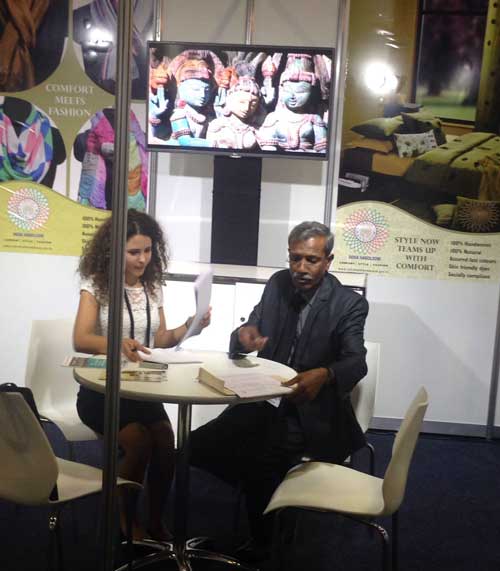
India’s prominent role in textiles stems from its wealth in natural resources, namely silk, cotton and jute. These resources along with traditional skills passed down from generation to generation, adapting and maturing over time, give Indian handloom its uniqueness.
Fabrics woven by hand are popularly known as handloom fabrics. They symbolise the diversity and richness of Indian cultural heritage. For centuries, Indian master weavers have produced some of the world’s most exquisite fabrics on handloom and they continue to do so even today, adapting to the contemporary tastes of the new generation of the new world.

